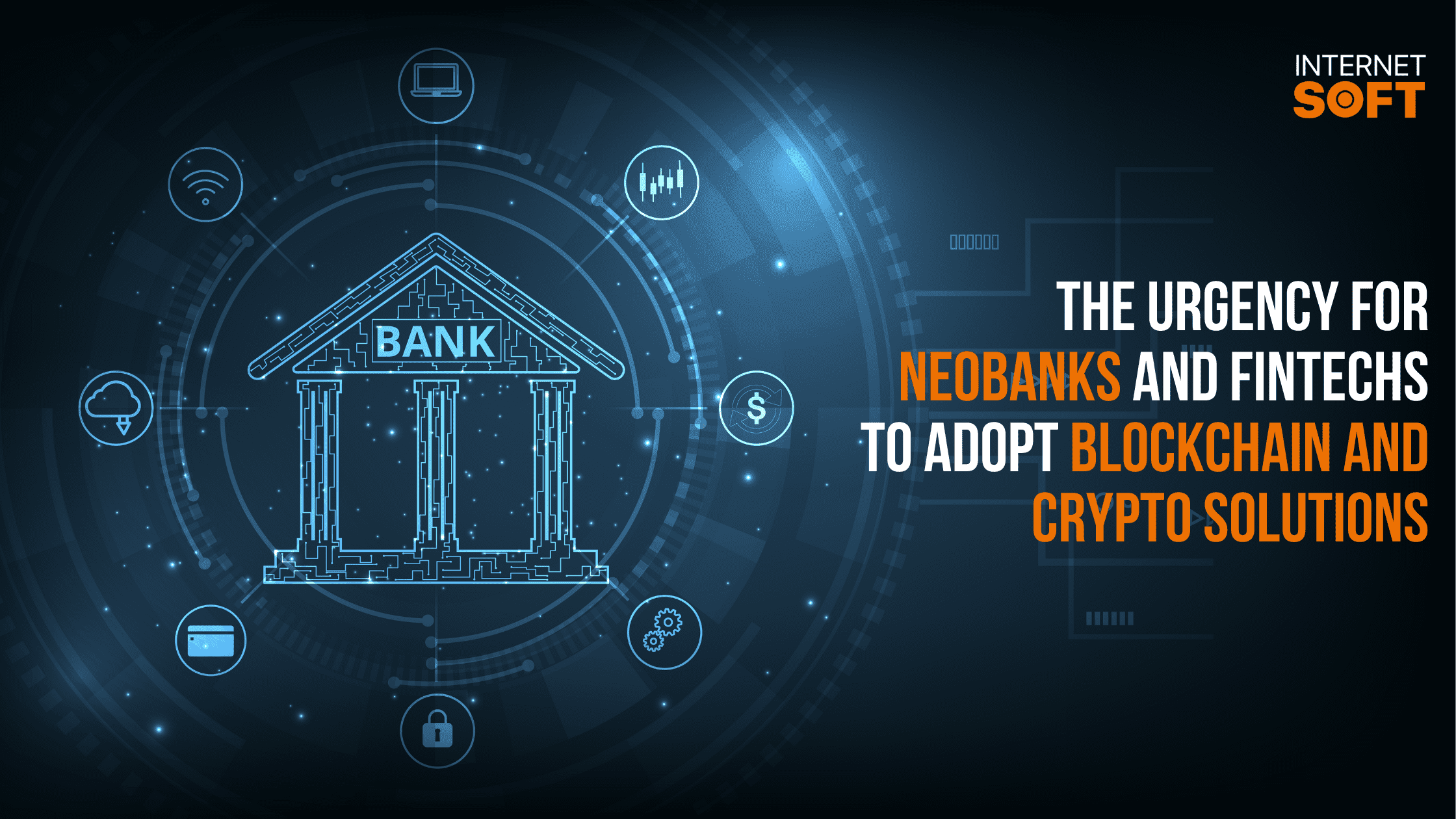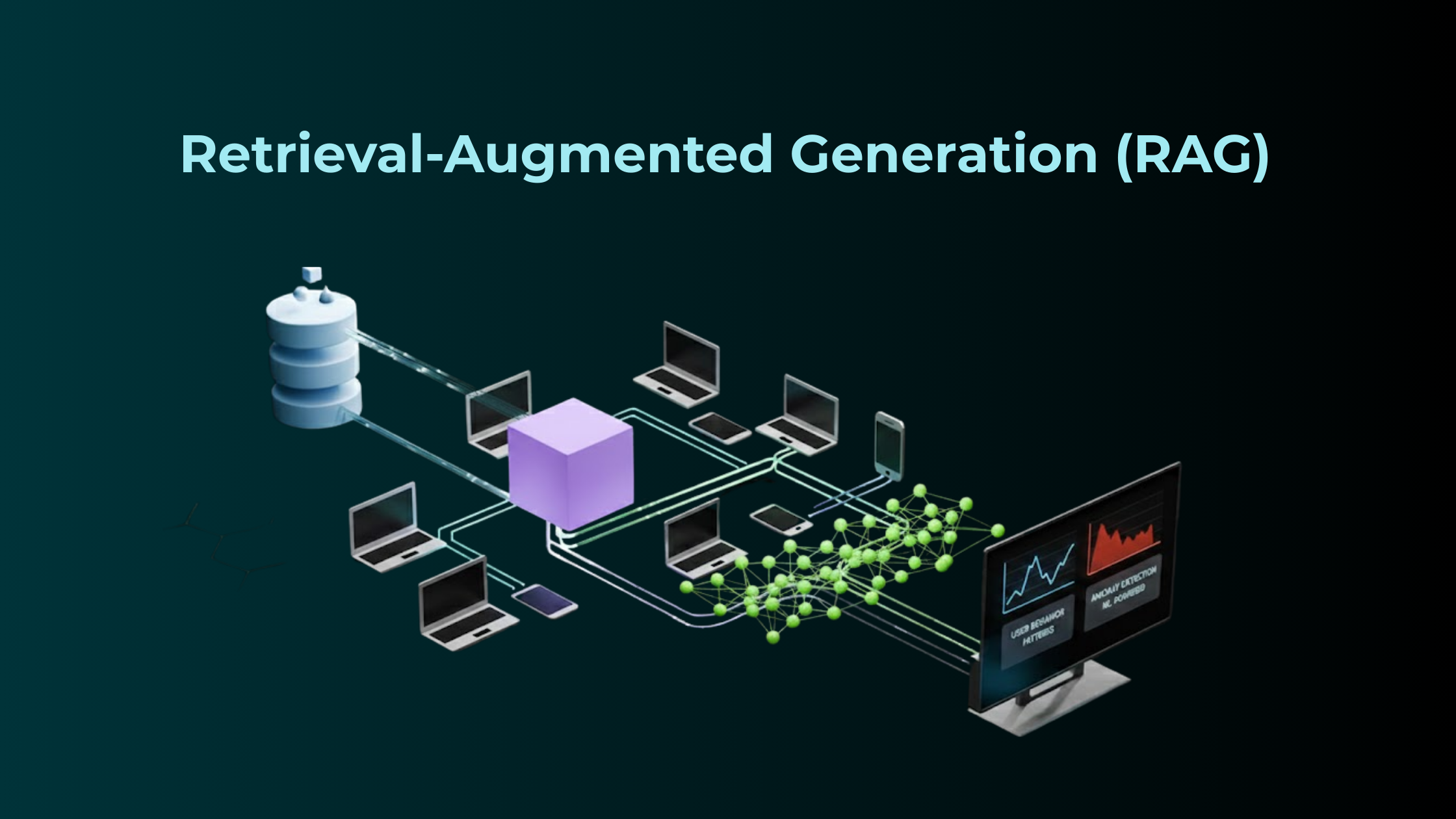As Neobanks and Fintechs continue to revolutionize the banking industry, it is becoming increasingly important for these organizations to adopt blockchain and crypto solutions. The urgency for Neobanks and Fintechs to embrace this technology is clear, as it will enable them to provide their customers with faster, more secure, and more efficient financial services. In this blog post, we will explore why Neobanks should shift to crypto and what benefits this move can bring to their customers and businesses.
The Rise of Neobanks and Fintechs
In recent years, we have witnessed a significant rise in the popularity of neobanks and fintechs. These innovative financial institutions are revolutionizing the banking industry by offering more user-friendly, tech-savvy, and customer-centric solutions. With their digital-first approach and emphasis on convenience, neobanks and fintechs have successfully disrupted the traditional banking model.
However, as the financial landscape continues to evolve, it is crucial for these institutions to stay ahead of the curve and embrace emerging technologies. One such technology that holds immense potential for neobanks and fintechs is blockchain.
Blockchain technology, the underlying technology behind cryptocurrencies like Bitcoin, offers a decentralized and transparent network for secure and efficient transactions. Implementing blockchain technology in banking can bring numerous benefits, including faster and cheaper transactions, improved security, and enhanced customer experience.
Additionally, the digitization of payments and the growing popularity of mobile payment solutions have paved the way for cryptocurrencies to become a mainstream payment method. Cryptocurrency wallets and crypto APIs have made it easier for individuals and businesses to send, receive, and invest in cryptocurrencies.
As the mobile payment market continues to grow and consumers become more comfortable with cryptocurrencies, neobanks and fintechs need to shift their focus to crypto. By integrating blockchain and crypto solutions, these institutions can not only stay relevant in the rapidly changing financial landscape but also gain a competitive edge by offering cutting-edge solutions to their customers.
What is Blockchain and Crypto?
Blockchain is a revolutionary technology that has disrupted various industries, including finance. It is a decentralized, distributed ledger that records and verifies transactions across multiple computers or nodes. This technology ensures transparency, security, and immutability of data, eliminating the need for intermediaries such as banks or clearinghouses.
Crypto, short for cryptocurrency, refers to digital or virtual currencies that utilize cryptography for secure transactions. Bitcoin, the most well-known cryptocurrency, operates on a blockchain network. However, there are several other cryptocurrencies with unique features and use cases.
Blockchain and crypto offer numerous advantages to the banking industry. Firstly, they enable faster and cheaper cross-border transactions by eliminating intermediaries and reducing transaction fees. Additionally, the use of blockchain technology ensures the security and integrity of transactions, making them resistant to fraud and hacking.
With the growing popularity of cryptocurrency investing, neobanks and fintechs need to understand the significance of integrating blockchain and crypto solutions. This shift can enhance their offerings and attract a wider customer base. By adopting blockchain infrastructure and offering crypto-related services, neobanks and fintechs can provide their customers with a seamless, innovative, and secure banking experience.
The Advantages of Integrating Blockchain and Crypto in the Banking Industry
Blockchain and crypto adoption has gained a lot of traction in recent years, and it is no surprise that banks and financial institutions are taking notice. The advantages of integrating blockchain and crypto in the banking industry are numerous, and it is essential for neobanks and fintechs to start making the shift.
Firstly, blockchain technology can make transactions faster, cheaper, and more secure. With traditional banking systems, cross-border transactions can take days to process and are usually accompanied by high fees. Blockchain technology eliminates intermediaries, reducing the time it takes to process transactions, and also lowers transaction costs significantly.
Secondly, integrating blockchain and crypto in banking can enhance customer experience. Blockchain technology provides transparent, immutable records, making it easier for customers to track their transactions, monitor their accounts, and ensure data privacy.
Finally, integrating blockchain and crypto in banking can create new revenue streams and opportunities. Banks can provide innovative products and services such as digital wallets, cryptocurrency loans, and digital asset trading to their customers, leading to more significant growth and profits.
The Need for Faster, Cheaper and Secure Transactions
Neobanks and fintechs have emerged as disruptors in the banking industry, challenging traditional banks with their innovative and customer-centric approach. However, to truly stay ahead in this rapidly evolving landscape, neobanks and fintechs must consider adopting blockchain and cryptocurrency solutions.
One of the primary reasons for this urgency is the need for faster, cheaper, and secure transactions. Traditional banking systems are often plagued by inefficiencies, long settlement times, and high transaction costs. In contrast, blockchain technology can provide near-instantaneous settlement and significantly reduce transaction fees.
Cryptocurrencies, on the other hand, offer a decentralized and secure means of conducting transactions. With cryptographic protocols, these digital assets can be securely transferred without the need for intermediaries. This not only eliminates the risk of fraud but also ensures privacy and confidentiality.
By integrating blockchain and crypto, neobanks can revolutionize the way transactions are conducted. This will enable them to provide their customers with a seamless and cost-effective experience, driving greater customer satisfaction and loyalty.
Furthermore, embracing blockchain and crypto can also open up new revenue streams for neobanks and fintechs. With the growing popularity and acceptance of cryptocurrencies, they can offer additional services such as cryptocurrency wallets, trading platforms, and lending solutions, catering to the increasing demand in the market.
Enhancing Customer Experience with Blockchain and Crypto
One of the key reasons why neobanks and fintechs should shift to blockchain and crypto is to enhance the customer experience. Traditional banking methods often involve lengthy processes, paperwork, and high fees, which can be frustrating for customers. However, by integrating blockchain and crypto solutions, neobanks and fintechs can offer their customers a more streamlined and user-friendly experience.
Blockchain technology allows for secure and transparent transactions, eliminating the need for intermediaries and reducing the risk of fraud. This not only provides peace of mind to customers but also enables faster and more efficient transactions. With blockchain, customers can enjoy near-instantaneous transfers, whether it’s sending money to a friend or making a payment overseas.
Furthermore, crypto assets provide customers with greater financial freedom and flexibility. They can easily manage and access their digital assets anytime, anywhere, without the limitations imposed by traditional banks. Additionally, the decentralized nature of cryptocurrencies eliminates the risk of government control or censorship, allowing customers to truly own and control their funds.
By embracing blockchain and crypto, neobanks and fintechs can revolutionize the way customers interact with their finances. They can offer innovative services, such as cross-border payments, peer-to-peer lending, and decentralized identity solutions, all while providing a seamless and intuitive user experience. Ultimately, this shift to crypto will not only attract more customers but also ensure their loyalty by meeting their evolving financial needs.
Examples of Blockchain and Crypto by Neobanks and Fintechs
Neobanks and fintechs have started realizing the potential of integrating blockchain and crypto solutions into their offerings. These technologies not only provide a more secure and transparent transaction system but also enable them to provide innovative financial products and services to their customers.
For instance, one neobank has leveraged blockchain technology to provide international remittance services at a fraction of the cost and time compared to traditional banks. By eliminating the need for intermediaries and utilizing cryptocurrencies, they have significantly reduced transaction fees and processing times.
Another fintech company has introduced a digital wallet that allows users to store and manage their cryptocurrencies securely. This provides customers with greater control over their assets and eliminates the risk of loss or theft associated with traditional physical wallets.
Moreover, some neobanks have partnered with blockchain platforms to offer decentralized lending and borrowing services. By utilizing smart contracts and crypto assets as collateral, they are able to provide loans to individuals and businesses who may have been denied access to credit by traditional financial institutions.
These examples demonstrate the immense potential of blockchain and crypto in revolutionizing the neobanking and fintech sector. As customers increasingly demand faster, cheaper, and more secure financial services, it becomes crucial for neobanks and fintechs to shift towards integrating blockchain and crypto solutions. By doing so, they can not only meet customer expectations but also stay ahead in this rapidly evolving industry.
Challenges to Adoption and Possible Solutions
While the benefits of integrating blockchain and crypto in the banking industry are numerous, there are still some challenges that must be overcome. One major obstacle is regulatory uncertainty, as governments around the world struggle to catch up with the rapidly evolving landscape of cryptocurrencies and decentralized finance. Many countries have implemented strict rules and regulations, while others have completely banned crypto altogether.
Another challenge is the lack of understanding and awareness among the general public about the potential benefits of blockchain and crypto. This is particularly true for traditional bank customers, who may not be familiar with the technology or see the need for it.
Finally, there is also the challenge of interoperability, as different blockchains and cryptocurrencies may not be compatible with one another, leading to fragmented markets and limited adoption.
Possible solutions to these challenges include educating the public about the benefits of blockchain and crypto, working with regulators to develop a more supportive regulatory framework, and developing standardized protocols for interoperability. Ultimately, the urgency for neobanks and fintechs to adopt blockchain and crypto solutions cannot be overstated, as those that fail to do so risk falling behind in a rapidly changing industry. Why should Neobanks shift to crypto? Simply put, because it represents the future of finance.
Visit Internet Soft for the latest tech trends and insights around AI, ML, Blockchain, along with NeoBanking and timely updates from industry professionals!
Need assistance or have questions? Reach out to us at sales@internetsoft.com.







